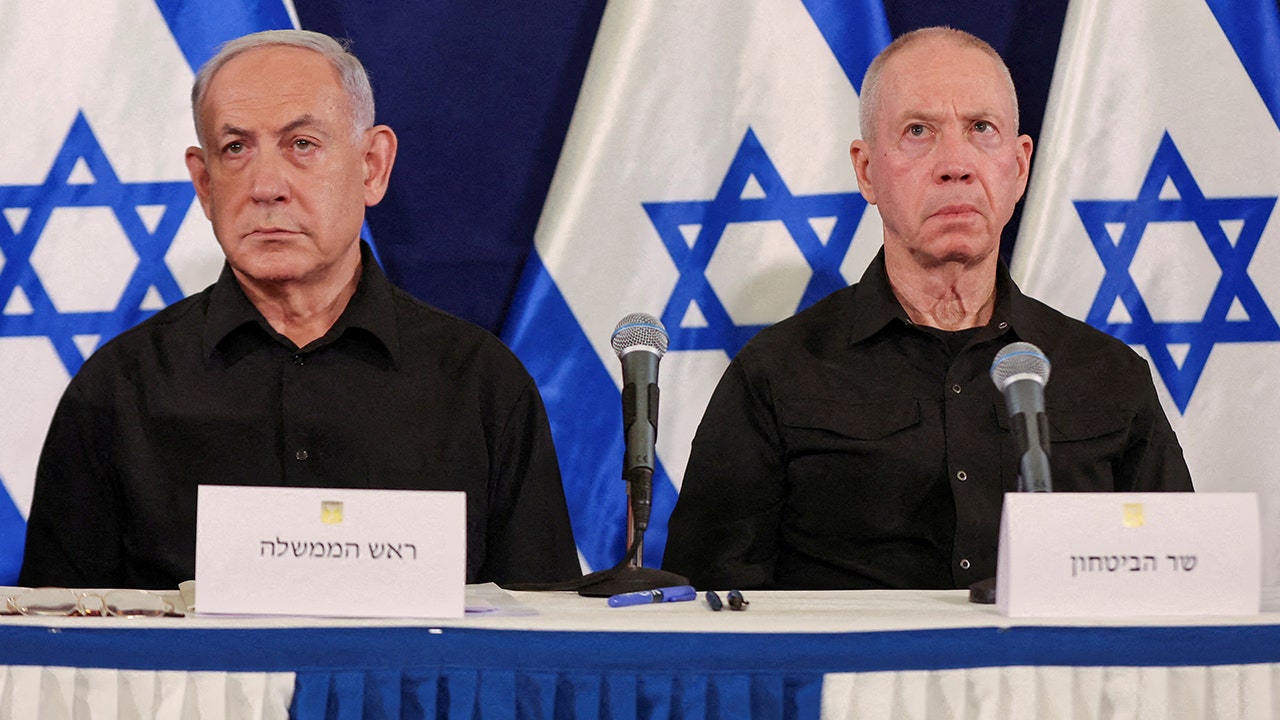ICC rejects Israeli appeals, issues arrest warrants for Benjamin Netanyahu, Yoav Gallant

The International Criminal Court (ICC) has made a controversial decision to issue arrest warrants for Israeli Prime Minister Benjamin Netanyahu and former Defense Minister Yoav Gallant, charging them with crimes against humanity and war crimes. The charges include using starvation as a method of warfare and targeting civilians.
Israeli President Isaac Herzog strongly condemned the ICC’s decision, calling it outrageous and accusing the court of turning universal justice into a universal laughingstock. He argued that the decision ignores Hamas’ use of human shields and the terror attacks that initiated the conflict, as well as the Israeli hostages still held in Gaza.
Herzog criticized the ICC for siding with terrorism and evil over democracy and freedom, accusing the court of becoming a shield for Hamas’ crimes against humanity. He emphasized the need for moral clarity in the face of threats from Iran and other entities seeking to destabilize the region.
Israel had made several attempts to block the ICC from issuing the arrest warrants, including arguing that the court had no jurisdiction over Israel. However, these challenges were ultimately rejected by the ICC. The move comes shortly after Senate Majority Leader-elect John Thune threatened to impose sanctions on the court if it proceeded with the arrest warrants.
Thune warned that the Senate would take action to support Israel and combat the ICC’s actions if the current Democratic leader did not intervene. The U.S. does not officially recognize the ICC’s authority, but has previously opposed the court’s attempts to investigate American soldiers and CIA personnel for alleged war crimes.
In 2020, the Trump administration imposed sanctions on ICC prosecutors involved in investigating U.S. military actions in Afghanistan, but President Biden’s administration lifted these sanctions upon taking office. The situation highlights the ongoing tension between the ICC and certain countries, as well as the complexities of international justice and accountability.
The controversy surrounding the ICC’s decision to issue arrest warrants for Israeli officials underscores the challenges of balancing justice, diplomacy, and geopolitics in the context of international criminal law. It remains to be seen how this development will impact relations between Israel, the U.S., and the ICC moving forward.




